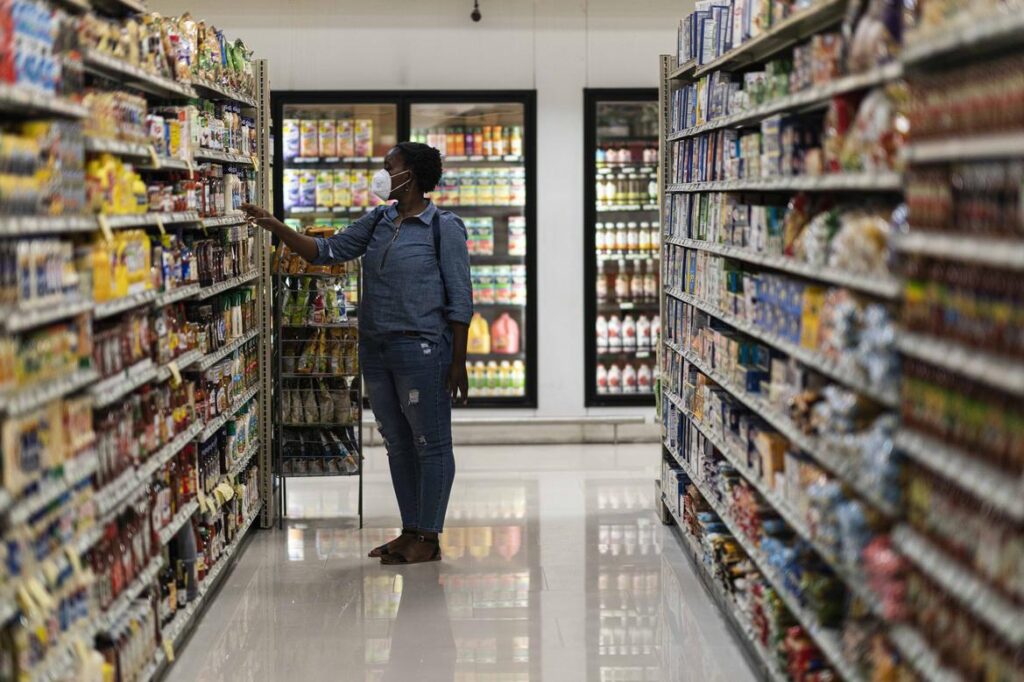BRIDGETOWN — As Russia began its invasion of neighboring Ukraine this week, the world watched— and reacted.
On top of the deeply devastating human elements of war have been the unavoidable global political and economic implications and potential impacts on global food security, as Forbes first reported.
In the Caribbean, economists and leaders are reflecting on how the Russia-Ukraine war will affect the food security of an import-dependent region that is still reeling from supply chain disruptions and inflationary dynamics caused by COVID-19, amidst supply chain disruptions, hikes in oil and commodity prices, rising shipping costs and limited availability of vessels and containers.
With Russia, the second-largest exporter of crude oil and the world’s largest natural gas exporter being cut off from global markets, economists predict that oil prices per barrel could easily hit the $120s, and former Managing Director of the World Bank, Juan José Daboub, has suggested that most Caribbean governments may need to increase national budgets by at least 20% this year, to adjust for prior assumptions.
“Freight costs are related to fuel prices (marine gas oil and fuel oil) and fuel prices are obviously linked to oil prices. This all means higher prices for food,” says Kevin Ramnarine, Trinidad & Tobago’s former Minister of Energy.
Since 2020, COVID-19 related supply chain issues and supply-side deficits have exerted inflationary pressures on the price of food in the Caribbean. The Food and Agriculture Organization’s Food Price Index (FFPI), a measure of the monthly change in international prices of a basket of food commodities, reveals that before the war, global food prices were already at a ten year high.
“Markets are rather spooked by the prospect of war,” says Barbadian economist, Jeremy Stephen. “You are going to see a general trend upwards [in the price of oil] which further compounds the current issue of logistics globally that has affected food security within the region. Everything is day by day now, as this conflict has been brewing for some time and there has been no will towards stopping it. It depends on the probability of escalation or de-escalation and that is up in the air as we speak today. Food security in the region is going to be rather contrived, particularly for the remainder of 2022 if there are no efforts to deescalate rapidly.”

